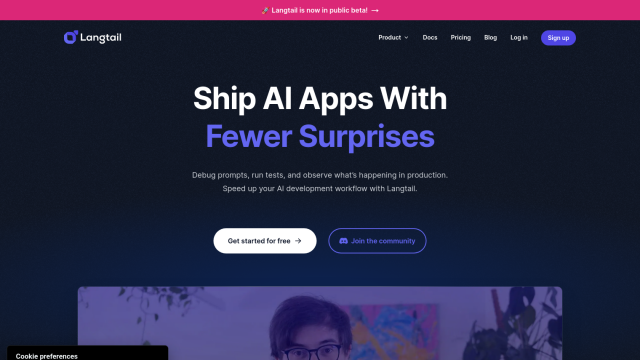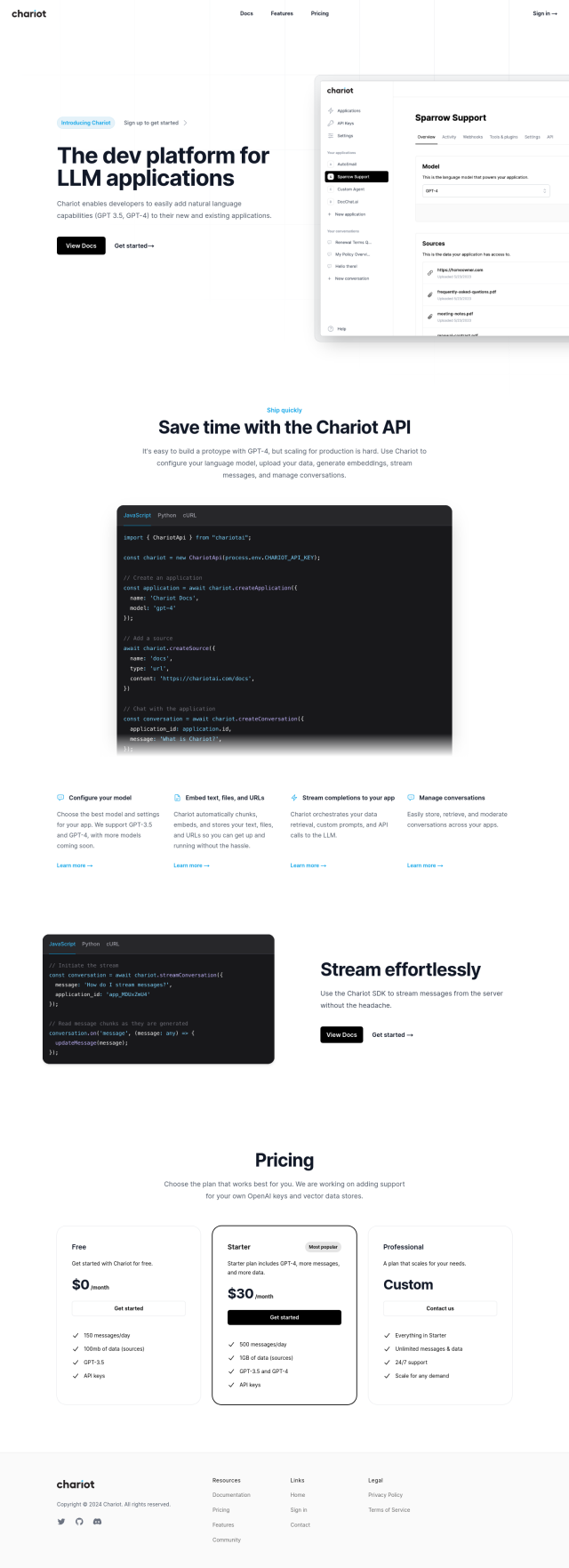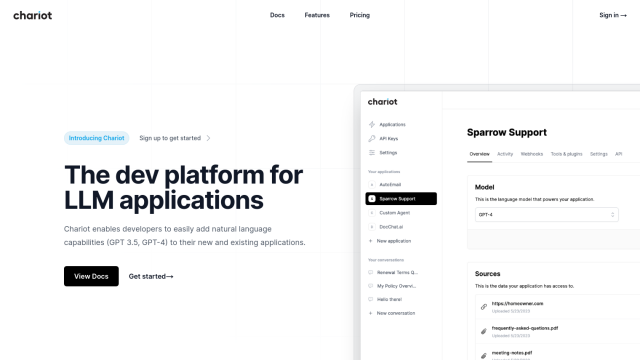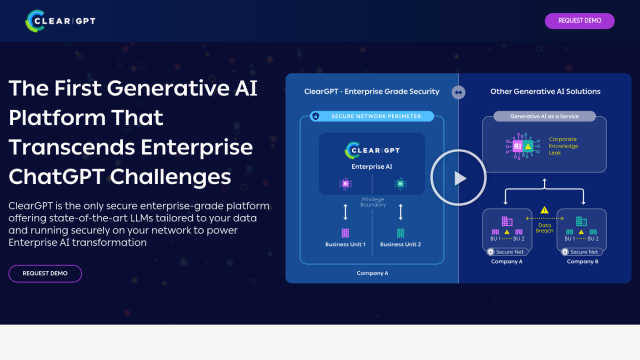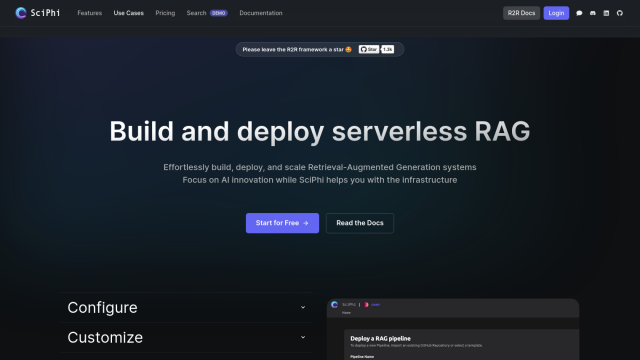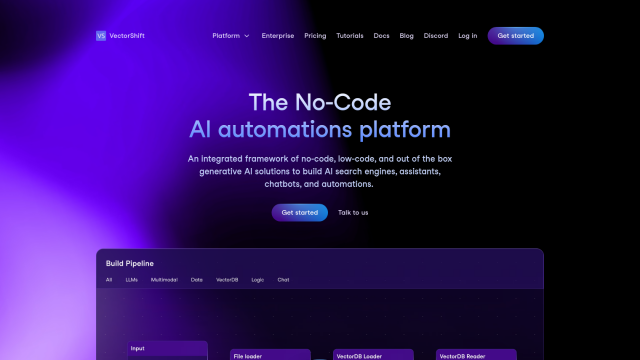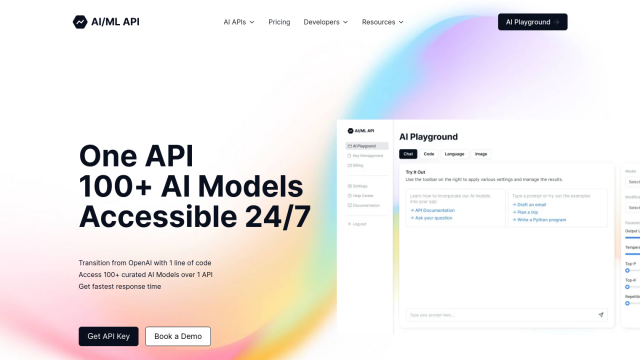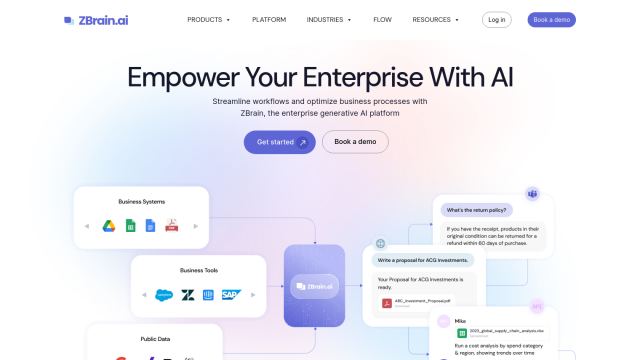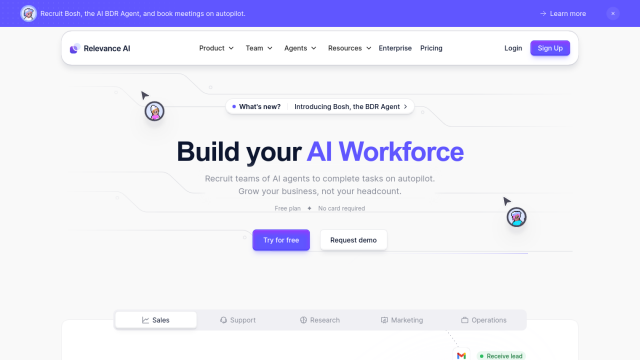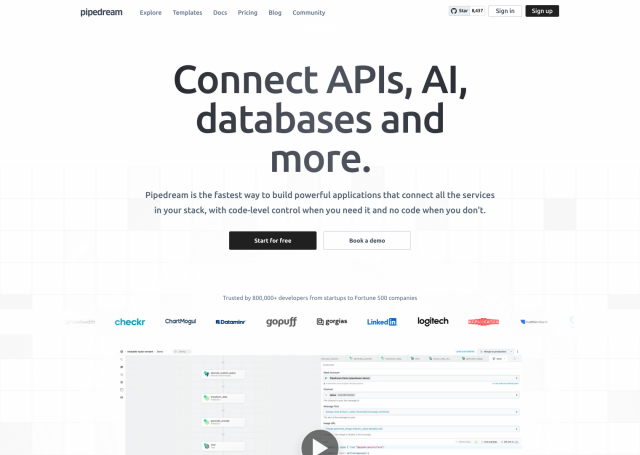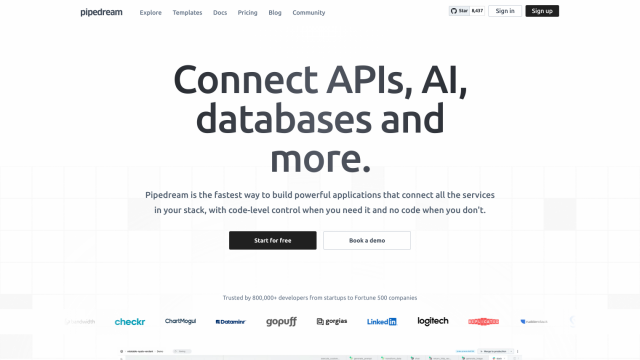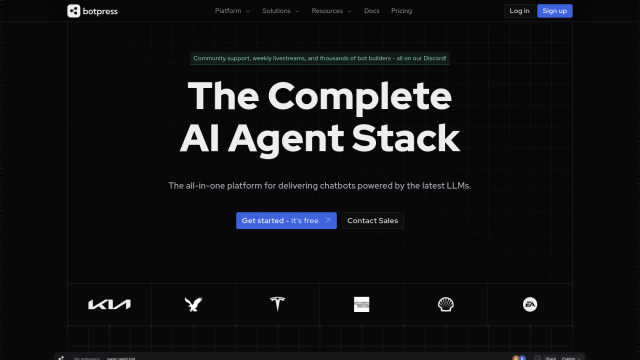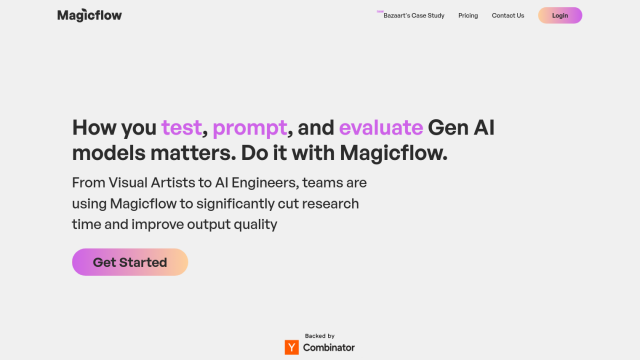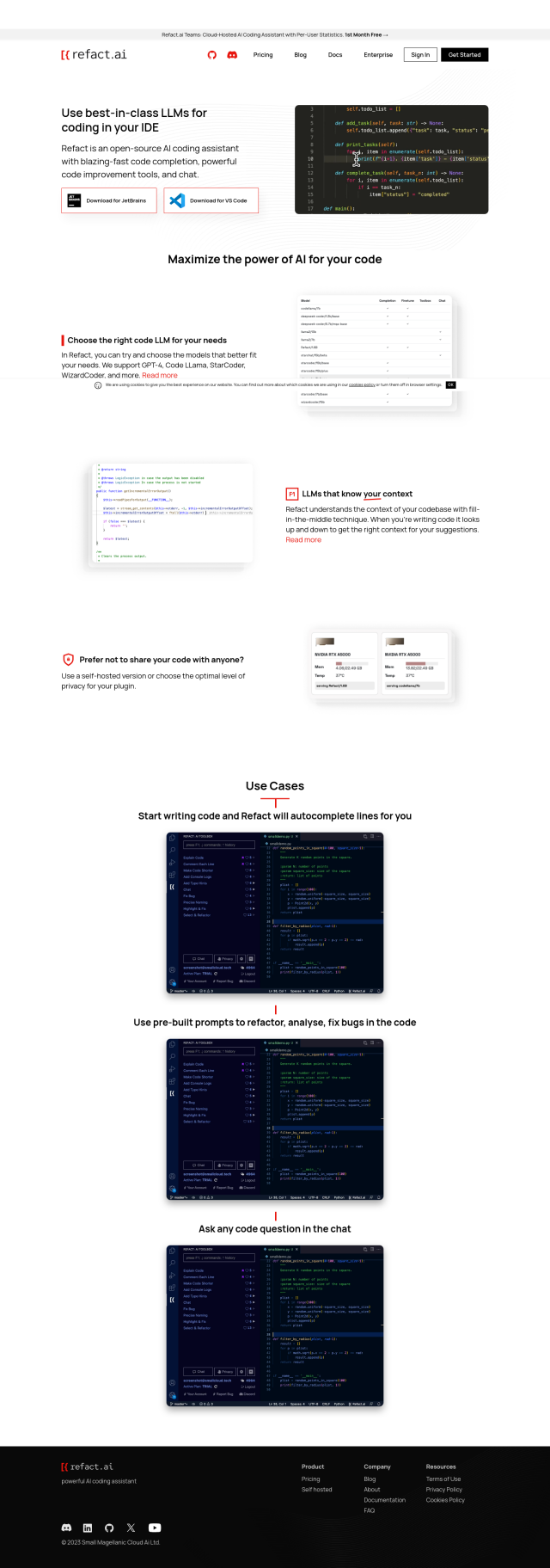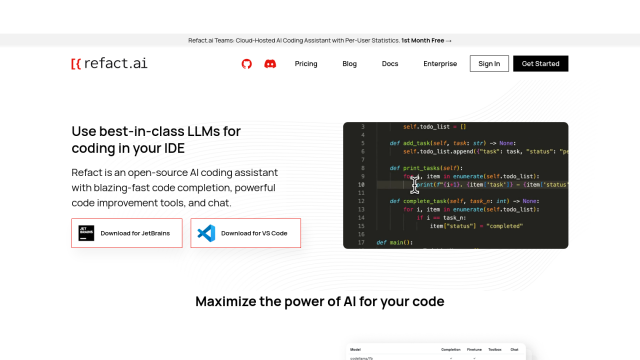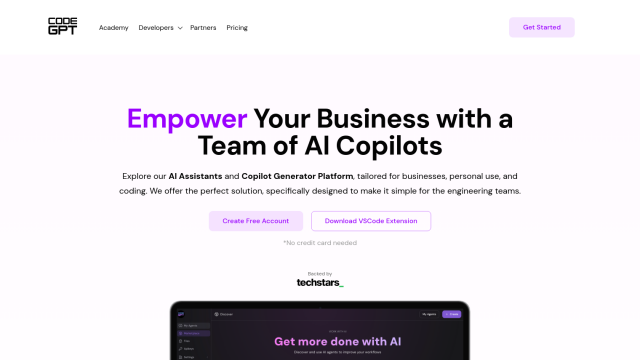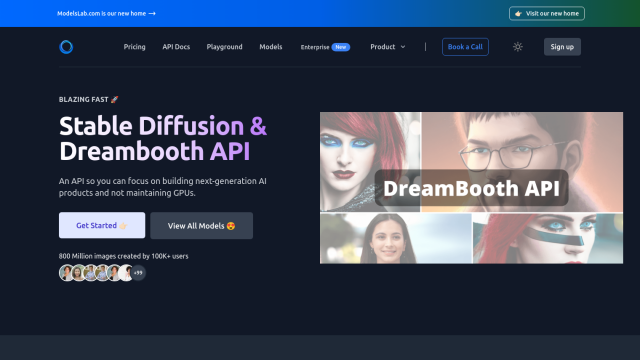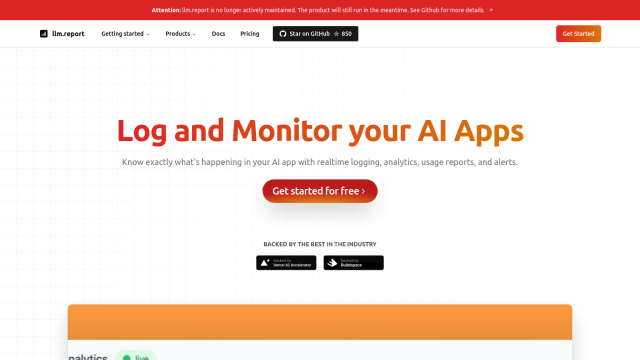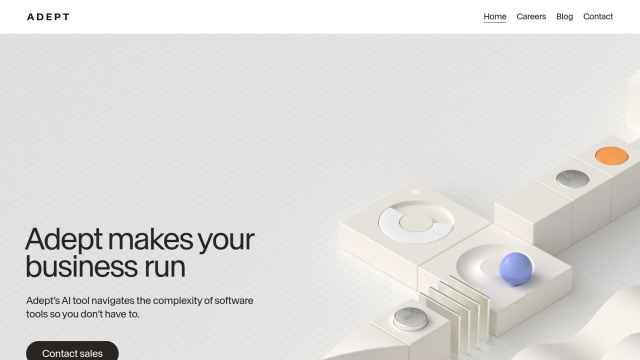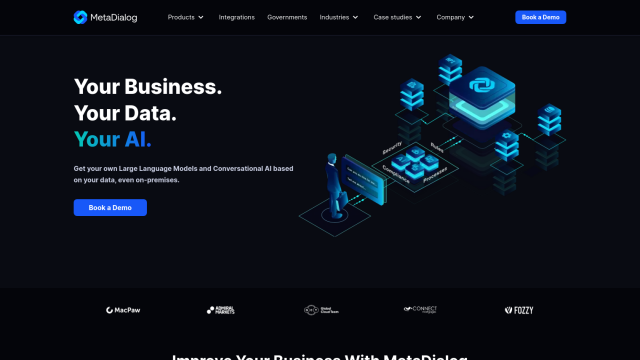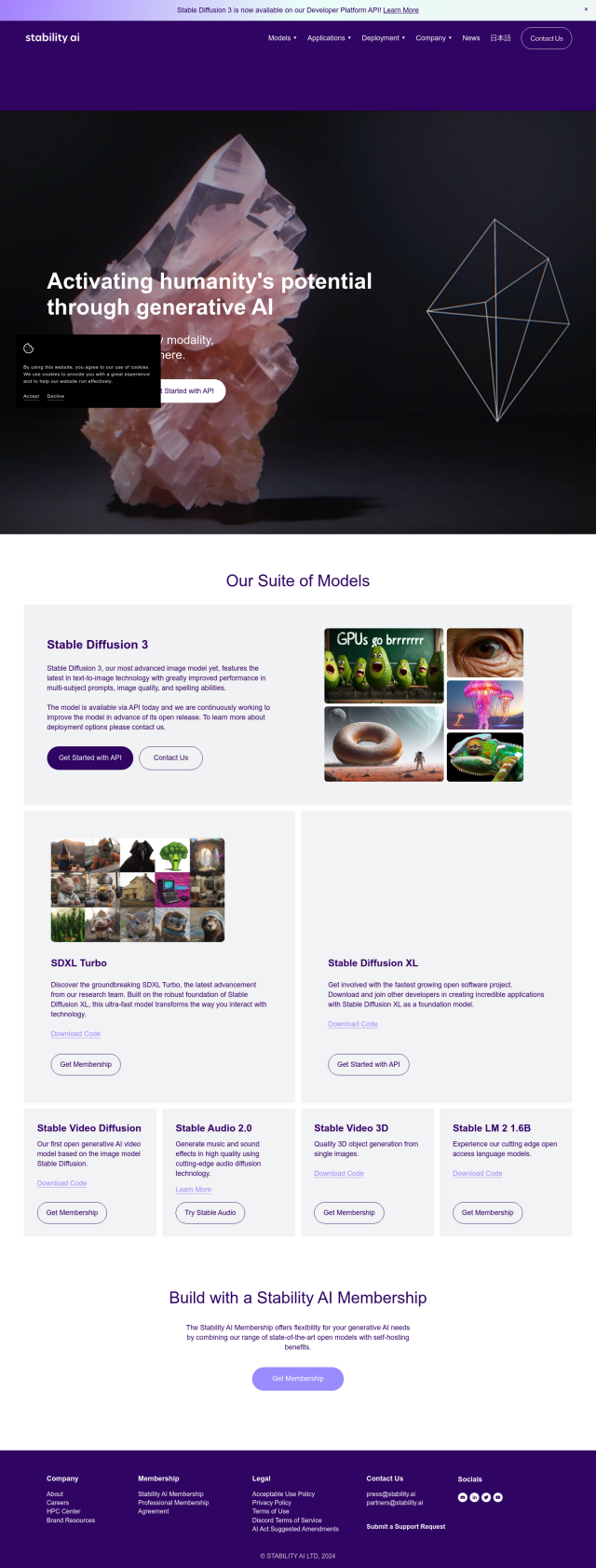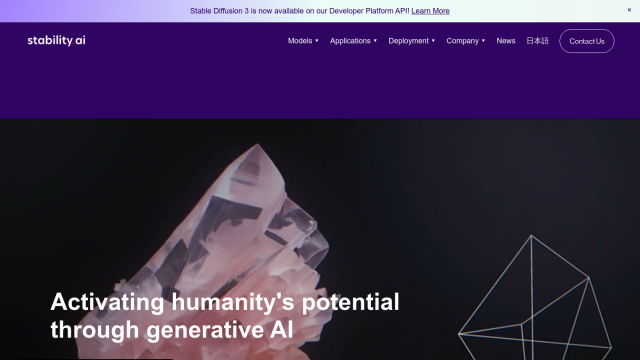Question: Can you suggest a service that helps developers create, monitor, and deploy large language model-based applications efficiently?

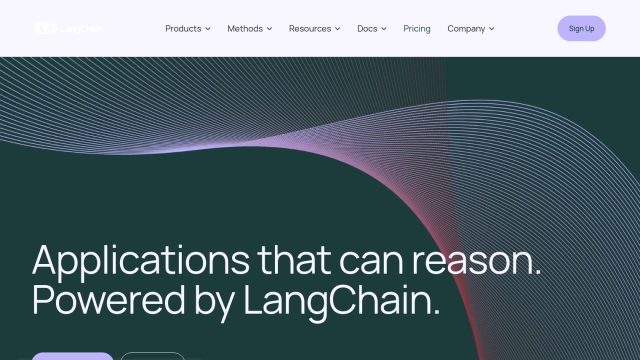
LangChain
If you're looking for a one-stop-shop to build, monitor and deploy large language model-based applications, LangChain is a strong contender. The company's suite of products spans the LLM application lifecycle, including LangSmith for performance monitoring and LangServe for API deployment. With support for multiple APIs and private sources, LangChain makes applications future-proof and vendor-agnostic, a good fit for financial services, FinTech and tech companies.


Zerve
Another strong contender is Zerve, which lets you deploy and manage GenAI and LLMs in your own environment for more control and faster deployment. Its integrated environment combines notebook and IDE abilities, and it includes fine-grained GPU control, language interoperability and unlimited parallelization. Zerve also lets you self-host on AWS, Azure or GCP instances, giving you full control over data and infrastructure.


Abacus.AI
Abacus.AI is another contender, particularly if you need to build and run applied AI agents and systems at scale. It has a range of features for fine-tuning LLMs, automating complex workflows and predictive modeling. Abacus.AI supports high availability and governance, so it's a good fit for enterprise-level applications that need to integrate AI in a more serious way.

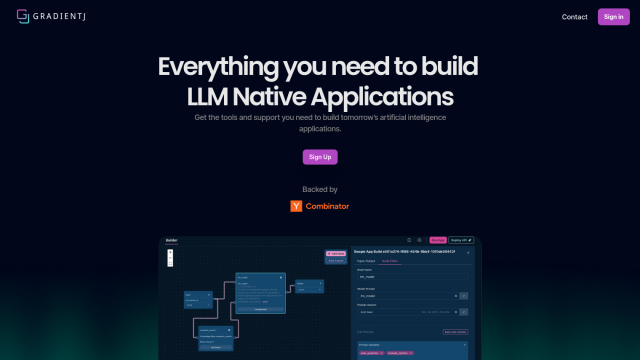
GradientJ
If you're looking for a platform that makes it easy to build and manage next-gen AI applications, GradientJ is a good option. It offers tools for ideation, development and management of LLM-native applications, including an app-building canvas and team collaboration tools. It's designed to make it easier to create and maintain complex AI applications, helping teams get past the difficulties of advanced AI development.

